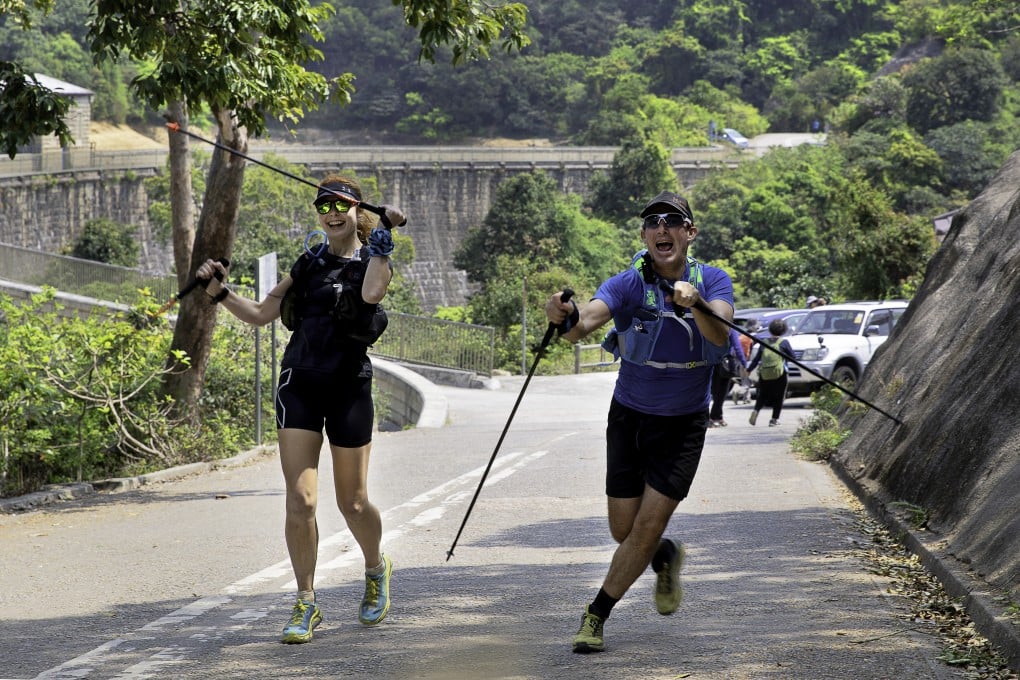A high intensity workout without the effort: liquid-cooled Vasper Systems exercise bike helps runner heal fracture and complete a 300km race
- Former jockey turned triathlete and ultramarathon runner Jo Lodder, 50, broke his collarbone in a fall, and was frustrated at how slowly it was mending.
- He tried the Vasper System, based on Nasa spacesuit cooling, which applies liquid cooling and compression to your muscles, and was amazed with the results

Jo Lodder was a professional jockey for 11 years before moving into property in 1997, so he knows a thing or two about broken bones. When he came off his mountain bike and broke his collarbone on a trail on Lantau, Hong Kong’s biggest island, in October 2020, it was the first time he’d broken a bone outside horse racing.
The triathlon was a challenge to celebrate his 50th birthday and when he made it to the finish – he cycled and ran another 45km after the fall – he had a swift beer with friends and went straight to hospital.
“I was used to it healing and just getting back on a horse, but I was getting X-rays from the hospital and they were saying it wasn’t mending,” says Lodder, who was born in the UK and has lived in Hong Kong since 2009.
One of the challenges of recovering from injury is getting the right balance between encouraging repair and discouraging damage. Take common injuries, such as a twisted ankle or torn hamstring: at the acute stage the secret is to keep within the pain-free range of movement. Any pain is opening the wound back up.

“We have to create the environment for healing, the body knows what to do. We want to encourage the drainage of the fluid; gentle movement encourages the healing,” says Philip Clarke, principal osteopath at The Clarke Clinic in the city’s Central district.